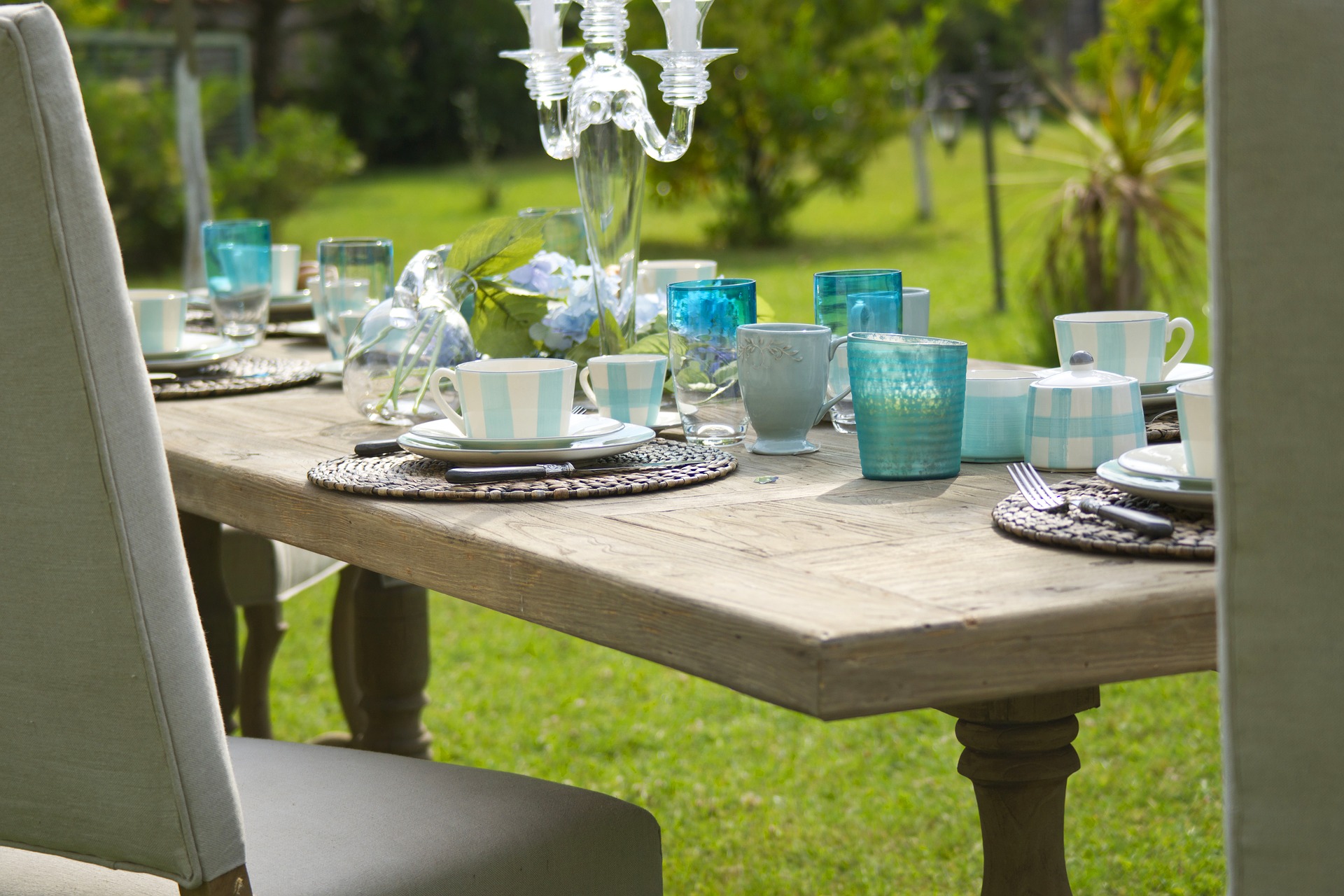
03 Dec Should I refinance or get a reverse mortgage for home improvements?
Photo: pixabay.comQ. I recently read an article that said you should refinance before you retire rather than plan for a reverse mortgage as long as you plan to stay in your home for at least five years. That’s my situation. My current 15-year mortgage will be paid off in seven years. I am not sure how long I will remain in my home, but it will be at least six years. I would love to make some improvements to my house and it would be nice to have the cash to do so. Thoughts?
— Homeowner
A. Your question gives a lot to think about.
There are various ways you can access the equity you’ve built in your home to help free up cash for home improvements.
You’ve identified two options — refinancing and using a reverse mortgage — but there are others, said J. David Principe, a certified financial planner with SAGEbroadview Wealth Management in Morristown.
He said you could also consider using a home equity loan or a home equity line of credit, or HELOC.
Let’s go through the options.
When you refinance, there are several ways to free up cash.
“Refinancing to a lower interest rate may reduce your monthly payment, giving you additional cash to save for/spend on home improvements each month,” he said.
Or, you could do what’s called a “cash out” refinance, which gives you access to a lump sum from the equity in the house in addition to the benefits of a normal refinance, he said.
For example, let’s say your current mortgage has $100,000 remaining and your house is worth $300,000, so your equity is $200,000. Let’s also say you need $50,000 for home improvements.
With a cash-out refinance, you may refinance your $100,000 into a $150,000 loan — $100,000 is for the refinancing of the original loan and the extra $50,000 is the cash that you receive, Principe said.
“With interest rates being near historic lows, you may find the interest savings are significant enough that this is a good option for you,” he said. “However, with your mortgage only having seven years remaining, your mortgage balance may be so small that the interest savings aren’t enough to recoup the upfront cost of the refinance.”
Moreover, Principe said, mortgage lenders may view a cash-out refinance differently than a pure refinance, and you may wind up with a higher interest rate than with the non-cash-out loan, he said.
Now let’s look at a reverse mortgage.
In order to consider this as an option, you must first qualify for a reverse mortgage. You must be at least 62 years old and you must have substantial — at least 50% — equity in your home, he said.
If you qualify, there are some other things to consider.
First, the costs.
Principe said there are upfront costs to open the reverse mortgage and pay for mortgage insurance, and then ongoing costs to pay for mortgage insurance and upkeep/maintenance of the house.
Then you need to consider your spouse.
“If you are married, your spouse’s age may impact the amount you can receive,” he said. “It’s important to ensure both of you are on the title and the reverse mortgage so that one spouse doesn’t lose the house should the other one pass.”
With a reverse mortgage, you do not make payments while you are alive and living in the house, but the full balance must be paid at death or at the time of sale, Principe said.
“Due to their costs and payment options, reverse mortgages tend to be better vehicles for people who intend on staying in their house for a long period of time,” he said. “This might be a better option to consider for the last house you plan to own.”
Now let’s look at loans and lines of credit.
A home equity loan is simply a fixed amount that you borrow based on the equity you have in your home, Principe said. You typically borrow a lump sum, use it as you please, and repay it over a fixed period of time.
A home equity line of credit, or HELOC, in contrast, allows you to access a revolving line of credit. It is also based on the equity you have in your home, he said.
“As with the refinancing or a reverse mortgage, there may be costs to opening a home equity loan or HELOC, but some credit unions don’t charge application fees or closing costs for them,” he said. “Regarding the HELOC, once the account is opened, you can tap this line of credit for cash to spend on anything you like, including your home improvement projects — and depending on your circumstances, you may even get a tax benefit for doing this.”
Principe said the HELOC is normally interest-only for a period of time — usually 10 years — meaning all you would need to pay is the interest and no principal, though you can prepay principal faster if you like.
“Following that initial `draw’ period during which time you can take advances, the line of credit is then frozen and, unless you establish a new HELOC, you’ll switch to principal-and-interest payments to repay any remaining balance,” Principe said. “If you sell your house before you’ve paid off in full, then you’ll pay off the balance at closing, as with your first mortgage.”
Good luck in deciding which option is best for you.
Email your questions to Ask@NJMoneyHelp.com.
This story was originally published on Dec. 3, 2021.
NJMoneyHelp.com presents certain general financial planning principles and advice, but should never be viewed as a substitute for obtaining advice from a personal professional advisor who understands your unique individual circumstances.

